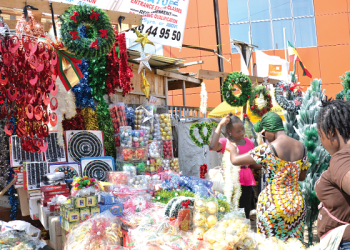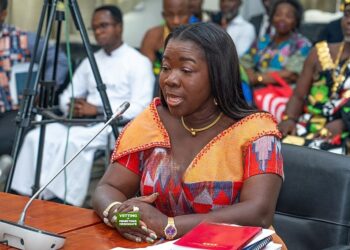The Coffee Federation of Ghana has marked International Coffee Day with a strong call for government and stakeholder support to position coffee as a strategic driver of Ghana’s economy, environment, and rural development.
In a press statement issued on Wednesday, Dr. Chief Nat Nsarko, President of the Federation, said coffee has re-emerged as a vital cash crop with the potential to generate jobs, expand export earnings, and contribute significantly to Ghana’s gross domestic product.
“Coffee connects farmers to markets, communities to livelihoods, and nations to economic growth.
With our favourable soils, climate, and hardworking farmers, Ghana has the foundation to make coffee a powerful driver of rural development and economic transformation,” Dr. Nsarko stated.
He stressed that beyond its economic potential, coffee is proving to be a tool for environmental restoration, particularly in rehabilitating lands destroyed by illegal mining (galamsey).
“Coffee brings back hope to degraded lands and communities while restoring ecological balance,” he said.
Dr. Nsarko called on the Government of Ghana to give special policy attention to the coffee sector—from smallholder farmers to exporters—emphasising that a stronger coffee industry would reduce rural poverty, diversify the economy, and advance national development.
Addressing members of the Federation, he urged unity, innovation, and collaboration across the coffee value chain to secure growth and prosperity.
“The future of Ghana’s coffee industry is bright, but it requires the dedication of every stakeholder to achieve the transformation we envision,” he added.
The Federation reaffirmed its commitment to advancing coffee cultivation as a source of national pride and a strategic pillar for economic recovery, environmental renewal, and global competitiveness.
International Coffee Day, observed globally on October 1, celebrates coffee as a beverage and as a source of opportunity and resilience for millions of farmers and communities worldwide.










Discussion about this post